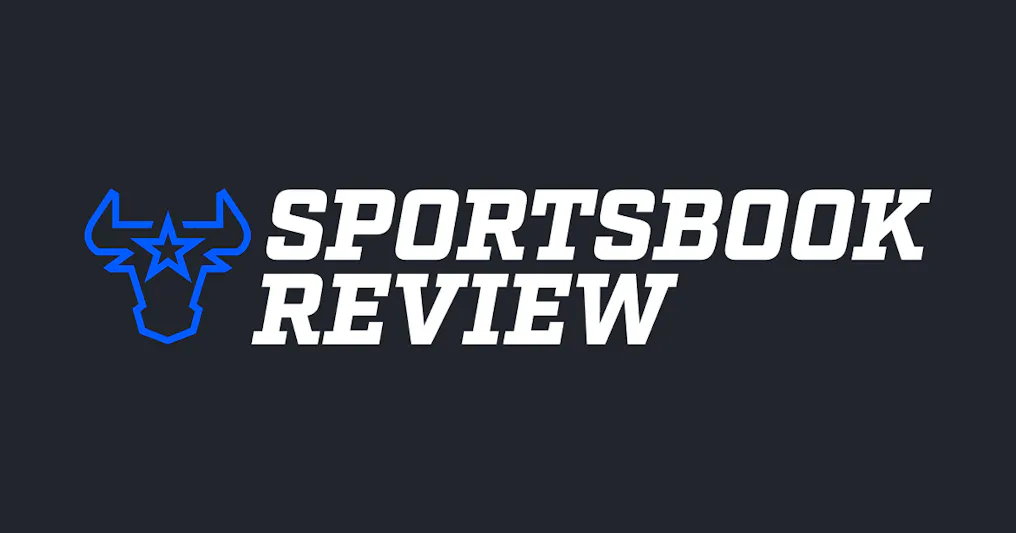US Gambling Industry Proves the Big Winner on Election Night

Last Updated: October 31, 2022 3:22 PM EDT • 4 minute read X Social Google News Link


There was no Presidential winner announced on November 3, but there were obvious gains for certain sectors thanks to questions in various states on the Election Ballots. Everything from marijuana legalization to taxation to infrastructure plans were voted in some states, on in what is being called the most consequential election in a lifetime in the US.
But perhaps the biggest winner of the 2020 US Election cycle was the legal sports betting industry that will welcome 3 states to the mix, taking the total to more than 50%. The states of Maryland, Louisiana and South Dakota gave the go-ahead to their lawmakers to pursue a legal sports betting platform. Other jurisdictions, like Nebraska and Virginia, approved casino gambling on their Election Ballot, essentially opening the door for a similar platform down the road. Colorado also expanded the number and type of casino games it can offer.
What It All Means
Legal sports betting has been on a fast-track toward the mainstream since the 2018 Supreme Court decision to overturn the blanket ban on sports betting. Anyone that tunes into a sporting event on TV or online is bombarded by sports betting provider advertising and with odds for the game they are about to watch. Our favorite sports teams have signed official sports betting partnership deals with sportsbooks, and even the NFL Players Association now has their own official sponsorship deal with a betting provider.
"It appears that Americans are becoming increasingly comfortable with legalized gambling," David Schwartz, a gambling historian with the University of Nevada Las Vegas, said, according to The Associated Press. "The addition of casinos in Virginia and racetrack casinos in Nebraska indicates that casino-style gambling is on the upswing as well. We have reached a point where voters seem satisfied that legalizing gambling will offer positive returns for their state."
The Benefits
Americans have been watching how legal sports betting states have been generating huge amounts of tax income for their jurisdictions - to be used for education and pension programs as well as off-setting the crippling effects of COVID-19. Simply put, it is not just the gambling providers that have benefitted from the platform's rapid growth across the US.
“As a result of successful ballot measures in six gaming states, more Americans will have access to much-needed job opportunities, dedicated tax revenue, and safe, regulated entertainment options closer to home,” said Bill Miller, The American Gaming Association CEO.
A Deeper Dive Into What Election Night Paved the Way For
It hasn't been determined exactly what Maryland's sports betting platform will look like, but a healthy 66.3%-33.7% margin was quite a mandate from voters. It is widely expected though, that the tax dollars generated would go straight to much-needed educational funding to overhaul the state's public-school system with 1% to the Minority Business Enterprise program.
Louisiana continues to be more complicated with each of its parishes voting on sports betting in their jurisdiction. 55 of the state’s 64 parishes approved sports wagering. Hopes are that an industry that will generate an estimated $300 million per year in tax revenue that doesn't suffer the same fate as the DFS situation which hasn't yet been resolved.
South Dakota will look to quickly launch in Deadwood with the rumored potential of a quick expansion of the platform state-wide. There will be no mobile wagering opportunities for now.
Voters in four Virginia cities — Bristol, Danville, Portsmouth, and Norfolk — approved ballot measures authorizing the state's first casinos, including Caesars Entertainment which is slated to go live in Danville.
65% of voters in the state of Nebraska gave the go-ahead for legalized casino gaming at licensed horse racing tracks, along with the creation of a state regulatory body that could eventually be tasked with expanding gambling in the state going forward.
That Brings Us To...
25 states plus the District of Columbia are in line to have legal sports betting by the end of 2021 if all goes well. With states able to draw from other states' experiences and with betting providers having US launch experience under their belts, the road to 25+1 should be a relatively easy one, in theory.
There are still some big fish to fry for the legal sports betting industry. The three biggest states, California, Florida, and Texas have yet to legalize. However, pressure is mounting and so too is the amount of tax revenue those states are missing out in 2020. Minus COVID, 2020 was a big year for the legal sports betting industry in the US, and 2021 figures could be even better.

Sportsbook Review X social